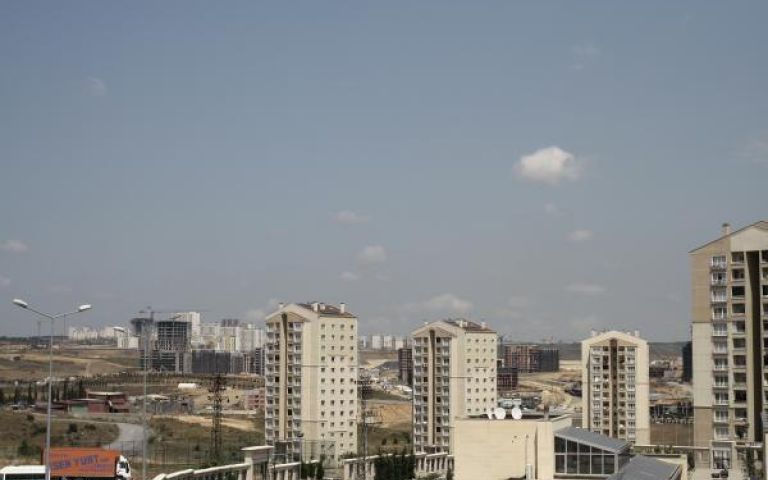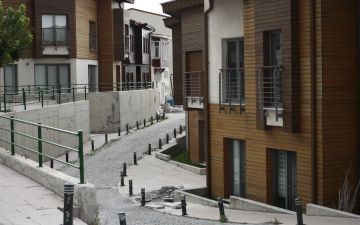Istanbul is a city undergoing substantial urban transformation. Through global investment and governmental intervention, the city is constructing new mass housing projects, central business districts, mega-infrastructure projects, and historic renewal zones. The Housing Development Administration (TOKI), a government agency originally formed to solve the housing shortage of a developing nation, now partners with global investors and private developers on a number of projects throughout Istanbul and Turkey.
Streamlining the projects, TOKI acts as the planner, regulator, owner—and in some cases—contractor. Once an area is slated for redevelopment the local residents have little legal recourse. The land is acquired through expropriation, and the residents are evicted under a recent law mandating the relinquishment of ownership and residency.
Urban development has caused the dispossession, displacement and marginalization of the inhabitants of Istanbul’s inner city and former shantytowns. New housing options are being offered to the displaced residents, but those new projects are located more than 20 km from the city. They are small and unaffordable. As the situation evolves, the social consequences of TOKI’s transformation of Istanbul and Turkey remains unclear.
This research was conducted through the University of San Diego School of Arts and Sciences Department of Art, Architecture and Art History under the supervision of Dr. Can Bilsel, Department Chair.




